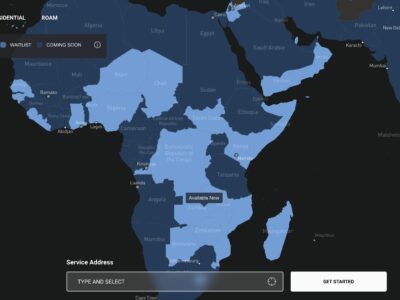Zimbabwe’s largest brewer, Delta Corporation, has suffered a significant legal setback after the Constitutional Court dismissed its application for direct access in a US$74 million tax dispute with the Zimbabwe Revenue Authority (ZIMRA). The ruling effectively blocks Delta’s attempt to challenge ZIMRA’s tax assessments at the highest judicial level, leaving the company with limited options to contest the massive tax bill.
The legal battle stems from tax assessments issued by ZIMRA for the period spanning 2019 to 2022, covering Value Added Tax (VAT) and income tax. Delta Corporation has vehemently disputed these assessments, arguing that ZIMRA failed to account for local currency payments it had already made, which were subsequently eroded by Zimbabwe’s rampant inflation.
The dismissal is a major blow to Delta’s efforts to overturn ZIMRA’s tax demands. Under Zimbabwe’s pay now, argue later tax rules, the company has already paid US$9.2 million while the dispute was ongoing. With the Constitutional Court’s decision, Delta may now be forced to settle the remaining balance unless future appeals in the tax courts rule in its favour.
By Gamuchirai Mapako
The dispute also includes penalties and interest levied by the tax authority. The contested assessments were initially issued in 2022, with additional claims added in 2024, escalating the financial stakes for Delta.
Delta Corporation first challenged ZIMRA’s tax assessments in the High Court, where it lost its case. Undeterred, the company appealed to the Supreme Court, but again, the ruling went against it.
Facing mounting pressure, Delta then turned to the Constitutional Court, arguing that its right to equal protection under the law had been violated. The company contended that the lower courts had ignored critical issues in its case and that the Supreme Court’s judgment was constitutionally flawed.
However, the Constitutional Court was unconvinced. In its ruling, the court found that Delta’s application lacked constitutional substance and was merely an attempt to re-litigate issues that had already been settled in previous courts.
A key factor in the Constitutional Court’s dismissal was Delta’s failure to fully pursue its appeals in specialist tax courts. The court noted that Delta still had unresolved legal avenues within the tax tribunal system but had chosen not to exhaust them before approaching the Constitutional Court.
Delta, however, argued that it had agreed with ZIMRA to remove those appeals from the court roll to focus on the High Court case. The Constitutional Court rejected this explanation, stating that the existence of alternative legal remedies meant it had no jurisdiction to hear the matter.













Comments